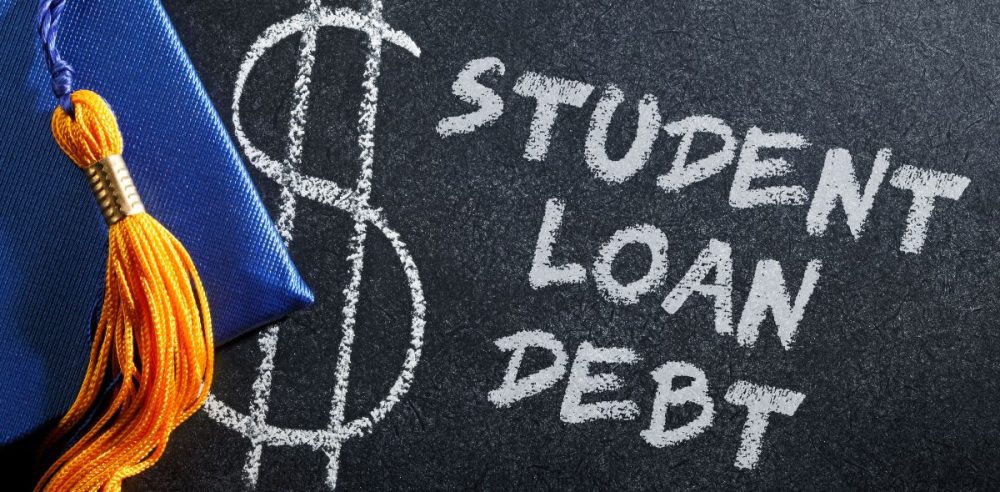Millions of Americans who have defaulted on student loan payments will face mandatory debt collections starting early next month.
On Monday, the Department of Education announced that around five million Americans will face mandatory collections starting May 5. The program has been paused for around five years, when collection on defaulted borrowers was put on hold at the beginning of the COVID-19 pandemic.
According to the April 21 announcement from the Education Department, nearly 43 million borrowers owe over $1.6 trillion in student debt. Of those, over five million have not made a monthly payment in over 360 days and are in default. Another four million borrowers are also estimated to be in late-stage delinquency, meaning they have not made payments in 91-180 days.
“As a result, there could be almost 10 million borrowers in default in a few months. When this happens, almost 25 percent of the federal student loan portfolio will be in default,” warned the Education Department.
President Trump has been critical of the department, signing an executive order in March to dismantle the government agency. However, the White House later clarified the executive order would not fully shut down the department; instead, it would substantially shrink its current footprint.
When a loan enters default following 270 days of no payment, it becomes eligible for collections. Collections are often facilitated via wage garnishments, where a portion of a borrower’s earnings is directed toward repayment.
“American taxpayers will no longer be forced to serve as collateral for irresponsible student loan policies,” said U.S. Secretary of Education Linda McMahon in the April 21 press release.
“The Biden Administration misled borrowers: the executive branch does not have the constitutional authority to wipe debt away, nor do the loan balances simply disappear. Hundreds of billions have already been transferred to taxpayers. Going forward, the Department of Education, in conjunction with the Department of Treasury, will shepherd the student loan program responsibly and according to the law, which means helping borrowers return to repayment—both for the sake of their own financial health and our nation’s economic outlook.”


